- Solar advice hub
- Maintenance
- 6 problems to watch out for if you have solar panels
6 problems to watch out for if you have solar panels
Understand the potential pitfalls that face solar panel owners and what the solution is to all of them


Why you can trust our content
We know that the solar industry is full of misinformation, but we only use reliable sources, including:
- Our experienced solar experts, installers and system designers
- Our own database of solar & battery system designs
- Authoritative bodies like MCS and the UK government



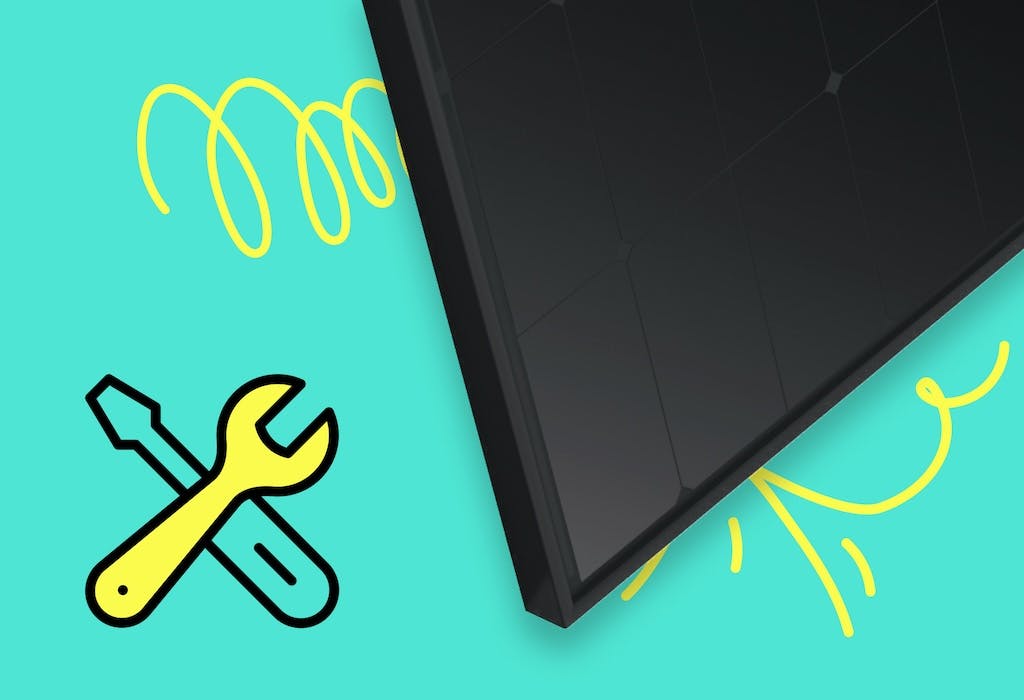
Calculate savings
What kind of home do you live in?
Calculate savings
What kind of home do you live in?
At a glance
Like any investment, solar panels can come with their own set of potential pitfalls. In this article, we'll be discussing six of the most common problems that solar panel owners face, as well as handy ways to deal with (or prevent) them.
To find out how much a solar & battery system could save you on your energy bills, answer a few quick questions below and we’ll provide you with an estimate.
What are the 6 most common solar panel problems?
Despite their many benefits, solar panels can face several issues that affect their performance and longevity - however there are steps you can take to mitigate this.
Here are six common issues that solar panel owners could run into.
1. Inverter failure
The inverter is known as the brains of a solar panel system, as it serves as the central control unit. Its main job is converting the direct current (DC) electricity produced by the solar panels into alternating current (AC) electricity, but it’s also in charge of exporting any excess electricity to the grid.
Despite this critical role, inverters are often the weakest link in the system, prone to failure after about 10-12 years of operation. This makes monitoring their health crucial for maintaining the efficiency and reliability of your solar power setup.
A study in 2019 by risk management experts Det Norske Veritas (DNV) found that one half of inverters fail by year 14, as shown in the chart below.
What’s the solution?
Keeping an eye on your inverter's performance can help you catch issues early and ensure uninterrupted energy production. And when your inverter stops working, it’s a good idea to get a replacement quickly to keep your solar panel system working continuously.
However, monitoring your system can be time-consuming and you won’t always know what signs to look for, whilst having to buy a new inverter is a major inconvenience and can be a lot of hassle.
If you opt for Sunsave Plus (the UK’s first solar subscription), your solar & battery system will be protected by the Sunsave Guarantee, which includes 24/7 monitoring & maintenance support, downtime cover, and free out-of-warranty replacements for your battery and inverter once they need replacing. It basically means you won’t need to worry about inverter problems for the full 20 years of your subscription.
Your system will also be insured by Aviva against damage, fire, and theft.
2. Low output
Solar panel output refers to the amount of electricity generated by a solar panel system over a period of time, usually measured in kilowatt-hours (kWh). For a typical 4.3kWp (kilowatt-peak) system, the average UK output is around 3,650kWh per year, although this can be much higher depending on various factors (e.g. the weather).
It’s not unusual for a solar panel system to see gradually reduced output over time. Panel degradation - a natural and unavoidable process - is often the culprit and is factored into the system's performance warranty.
However, sudden decreases in electricity production could be a result of issues like poor installation, shading, or damage to panels.
For more post-installation tips, read our guide on what to do once you're a solar panel system owner.
What’s the solution?
Going with a reputable solar installer like Sunsave is a must to ensure you get the most out of your solar panel installation. An experienced installer will design your system to maximise output and minimise issues like shading, either through strategic placement or by employing optimisers or microinverters.
It’s very important you always choose a solar panel installer accredited by Flexi-Orb or MCS, and that you ask any prospective installer these questions.
Also, with Sunsave Plus you get the Sunsave Guarantee, which means your system’s output is monitored 24/7, and if anything goes wrong we will attempt to fix it remotely or in person. The Sunsave Guarantee also offers downtime cover, so if your system isn’t working for more than two weeks we will start to credit your payments.
3. Solar panel damage
While solar panels are robust, they can still sometimes be susceptible to damage from things like falling branches or debris that’s blown during a storm. In the worst cases, high winds can dislodge panels or even blow them off roofs.
This damage can obviously have a very negative impact on both your system’s output and appearance.
What’s the solution?
A trustworthy installer will make sure your solar panel installation is secure, reducing the risk of damage.
However, it’s also sensible to make sure your system is protected by insurance. Your home insurance policy is unlikely to cover panel damage from general ‘wear and tear’ and every policy is different, so you’ll need to double-check with your provider to find out exactly what’s included.
Every Sunsave Plus system is insured by Aviva. This policy covers damages caused by branches, hail, debris, birds, theft, and fire, providing comprehensive protection for your solar panels.
If you’re wondering how much a solar & battery system could save you, answer a few quick questions below and we'll provide you with an estimate.
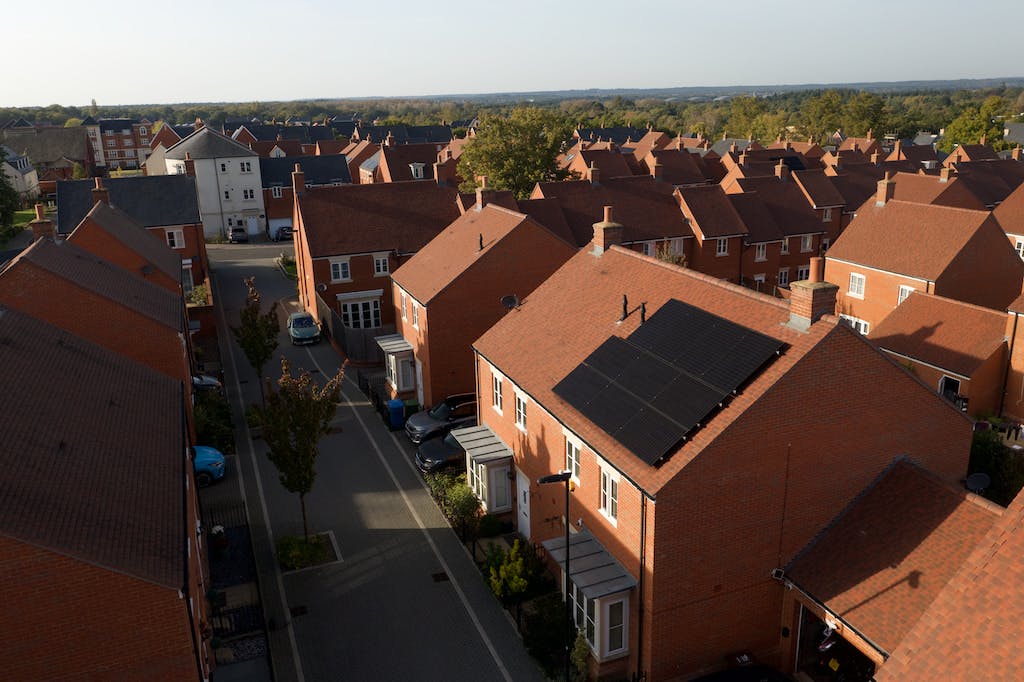
4. Birds nesting underneath
Birds are drawn to nesting under solar panels because of the sheltered space created by the gap between the panels and the roof. This gap provides protection from predators and the elements, making it an ideal nesting spot.
However, their presence can lead to several issues. Bird droppings accumulate, causing an unsightly mess, as well as partial shading on the panels and potential hygiene concerns.
Nesting materials can also block airflow around the panels, affecting their efficiency and causing a potential fire hazard. And curious birds pecking at wires can damage the electrical components.
What’s the solution?
Preventative measures like bird proofing will safeguard your solar panel investment from unwanted visitors – whether they’re birds, bats or squirrels.
Bird deterrents like wire mesh or spikes are crucial to prevent nesting beneath solar panels. These measures safeguard against bird-related issues, preserving panel efficiency and integrity.
What’s more, the insurance policy included in the Sunsave Guarantee covers your panels for any damage caused by birds, so you won’t need to worry.
5. Dirt and dust
Over time, solar panels can succumb to ‘soiling’, which refers to the accumulation of dirt and dust. This buildup can lower daylight absorption and therefore reduce panel efficiency.
While soiling is more prevalent in drier, dustier regions like the Middle East, it can still happen on solar panels in the UK if they’re in a particularly dusty area.
Pollen, sap and bird droppings can also build up on solar panels here, again depending on their location.
What’s the solution?
Solar panels are manufactured with a hydrophobic coating, meaning any rainwater just runs straight off the panels and washes away dirt and debris. In rainy countries like the UK, this natural cleaning happens frequently, but you might still have to manually clean your solar panels occasionally.
Consider using a soft, extendable brush from ground level, or paying for a professional solar panel cleaning service. We definitely wouldn’t recommend climbing onto the roof to do it yourself, as this can be dangerous.
6. Battery failure
This point isn’t strictly solar panel-related, but batteries play a crucial role in storing electricity for later use in solar panel systems - and according to data from Flexi-Orb and EPVS, almost 94% of new solar panel installations in the UK include a battery.
Storage batteries typically last for around 10-12 years before they start performing poorly and need to be replaced.
What’s the solution?
One ‘solution’ is to buy yourself another battery once your first one stops working, but this is pricey and a lot of hassle.
You can dodge this hassle with Sunsave Plus, which includes a free replacement battery once your current one reaches the end of its useful life (i.e. when its performance drops below 70% of its original capacity).
Summary
While having solar panels can benefit both the environment and your wallet, it's crucial to be aware of potential problems that may arise. But with proper maintenance and care, you can continue to enjoy the benefits of renewable energy for years to come.
Thinking of switching to solar? To find out how much a solar & battery system could save you on your energy bills, answer a few quick questions below and we'll generate an estimate.
Problems with solar panels: FAQs
Related articles
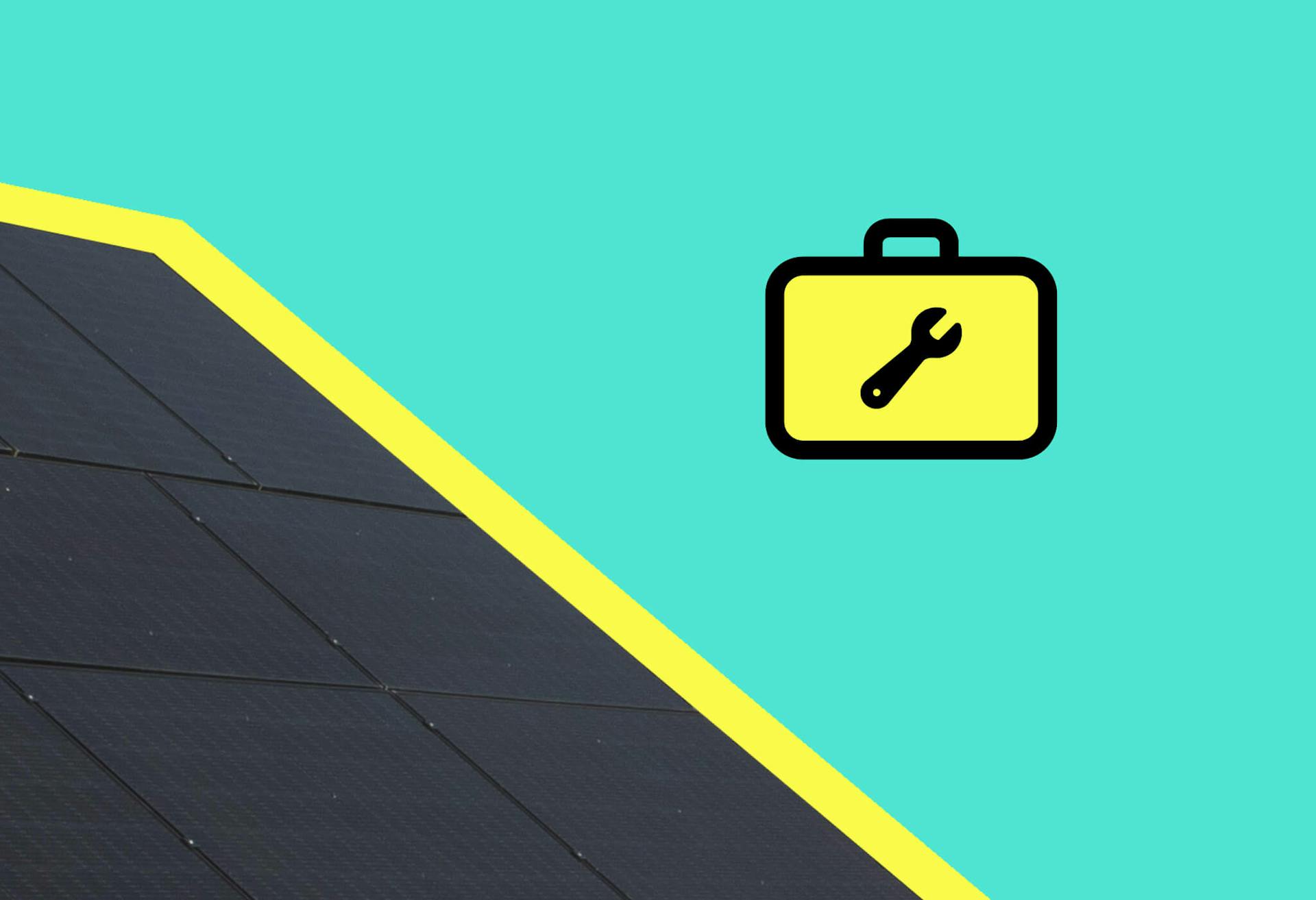
Solar panel maintenance: an expert guide
Read full story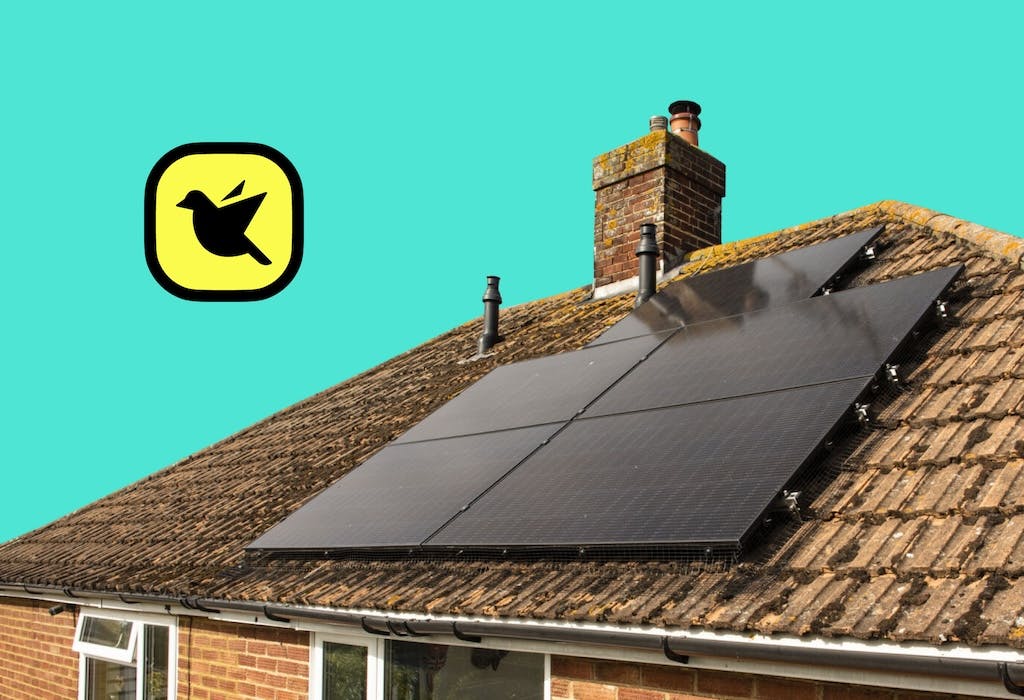
Solar panel bird proofing: an expert guide
Read full story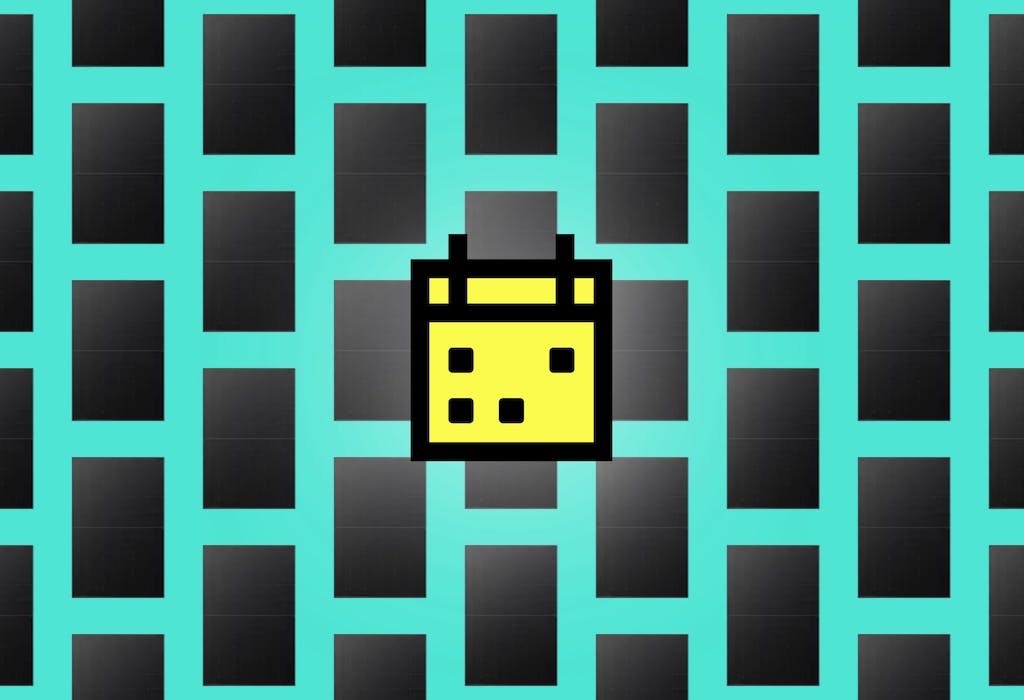
How long do solar panels last?
Read full story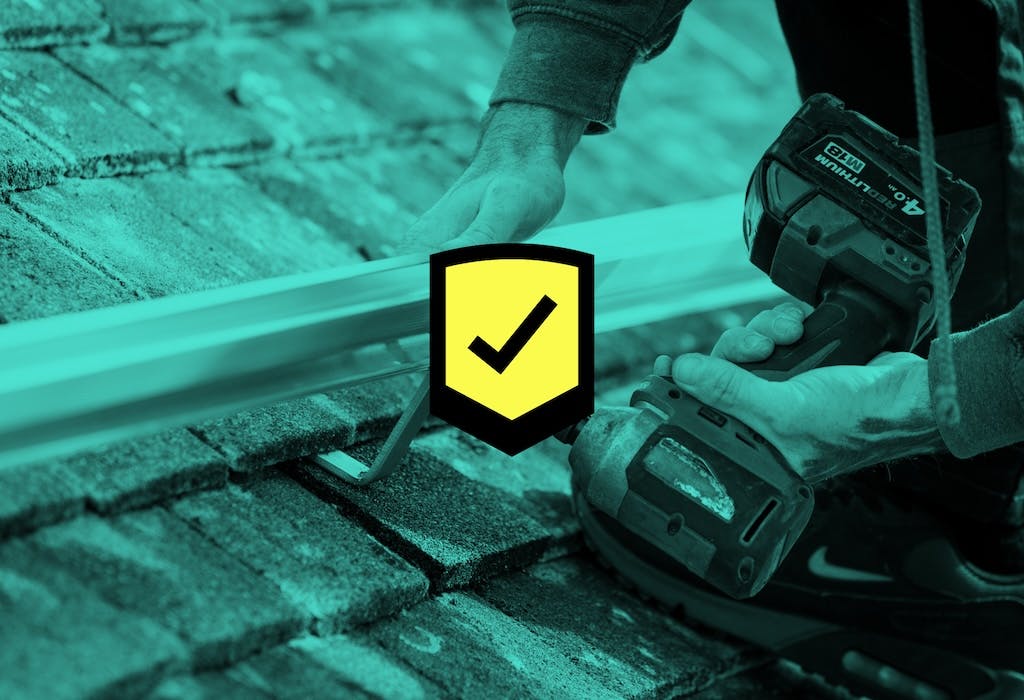
The Sunsave Guarantee: explained
Read full story
Written byMelody Abeni
Based in London, Melody is a specialist green technology writer who has been covering sustainability, climate action and ESG for the past five years, after gathering operational experience in green investing and financial services. She has written for various industry publications, including renewable technology advisor The Eco Experts, and she holds a Master’s degree in law from Birkbeck University.